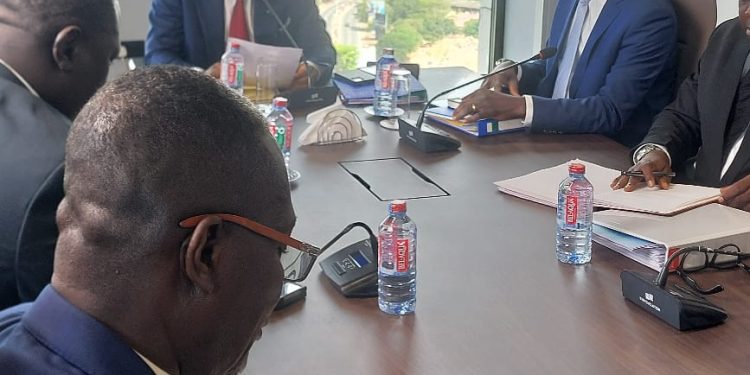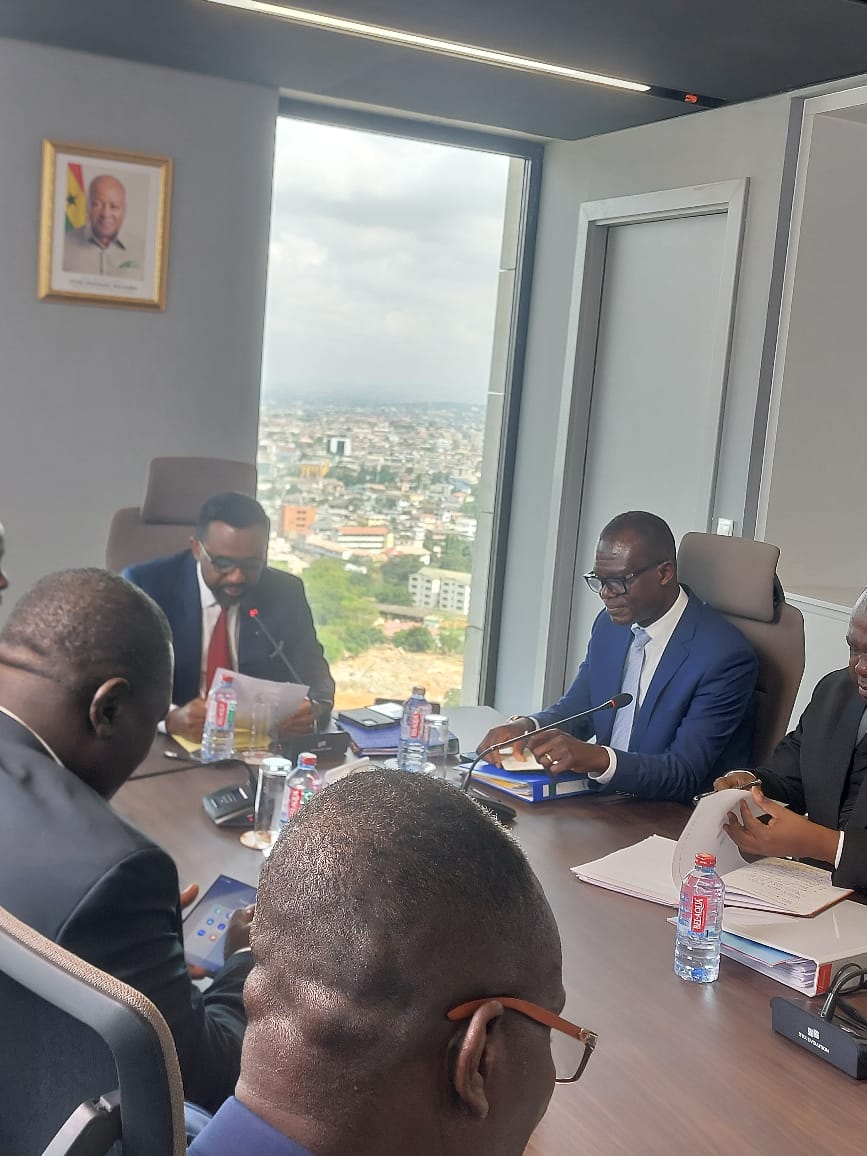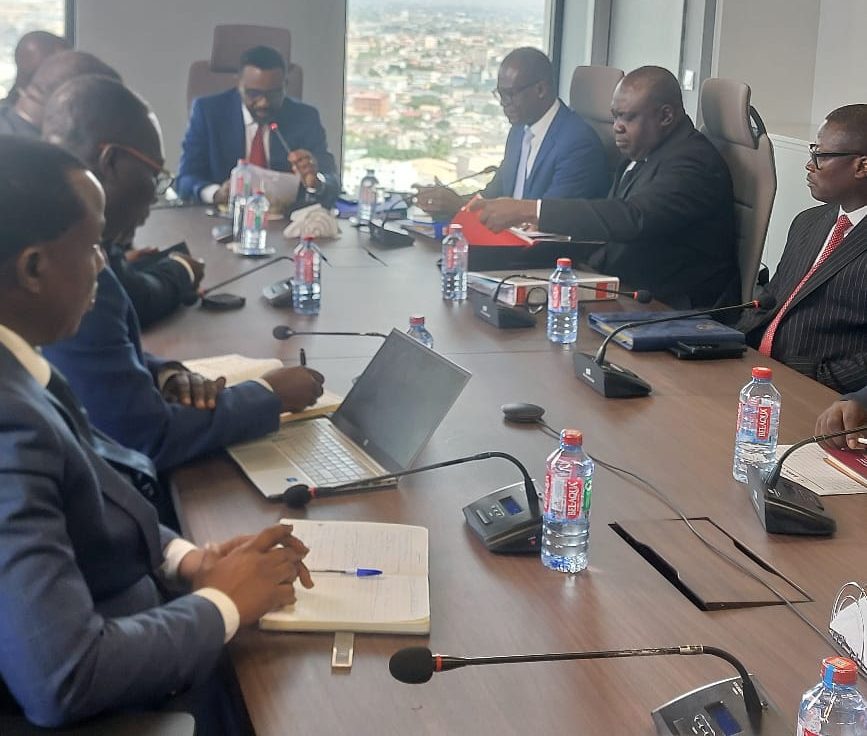BoG Governor Dr. Asiama Signals Transparency Push as MPC Convenes Amid Inflation, Liquidity Risks
Accra, March 24, 2025 – The Governor of the Bank of Ghana, Dr. Johnson Asiama, has pledged a new era of transparency and communication in the conduct of monetary policy, as the Central Bank’s Monetary Policy Committee (MPC) began its 123rd regular meeting in Accra on Monday.
In his first MPC address since assuming office, Dr. Asiama used his opening remarks to outline institutional reforms aimed at improving public trust and clarity around monetary policy decisions. “There is a growing sense in public commentary that MPC decisions are taken behind closed doors without clear, data-driven reasoning,” the Governor stated, as he proposed measures such as the publication of voting outcomes and a simplification of policy forecasts.
The Governor’s transparency agenda comes at a time when Ghana’s economic environment remains fraught with complexity. Inflation, though decelerating, stands at over 23 percent and is proving difficult to tame. “Structural drivers of food inflation remain persistent,” Dr. Asiama warned.
Dr. Asiama also acknowledged broader risks facing the economy, including rising global volatility and potential spillovers from weakening Chinese demand, trade tensions, and geopolitical uncertainty. “These global factors could have spillover effects on inflation, capital flows, and exchange rate stability,” he said.
On the domestic front, Ghana’s fiscal landscape remains under pressure. The 2024 fiscal deficit overshot program targets, and while early 2025 has shown some signs of consolidation, the Governor expressed concern over whether the current measures will be sufficient to meet International Monetary Fund (IMF) benchmarks under Ghana’s extended credit facility programme.
Liquidity & CRR Concerns Surface
A key issue raised by the Governor was the evolving liquidity landscape and increasing unease among commercial banks over the current Cash Reserve Ratio (CRR) framework. “Liquidity in the system has increased, and commercial banks have raised concerns about the CRR framework,” he noted, adding that the central bank would assess the macro-financial implications, especially on inflation, FX demand, and credit conditions.
Although private sector credit is recovering in nominal terms, Dr. Asiama revealed that real credit growth remains modest, with banks still operating cautiously amid elevated non-performing loan (NPL) levels.
A Call for Institutional Self-Reflection
Striking a candid tone, the Governor also reflected on policy missteps that contributed to Ghana’s current macroeconomic challenges. These included “loose fiscal policy during periods of macro stress, weak monetary-fiscal coordination, and delays in key structural reforms,” which he said had weakened policy credibility and transmission.
Yet Dr. Asiama’s remarks were not solely focused on short-term risks. He also highlighted deeper structural challenges—such as underinvestment in agriculture, persistent exchange rate misalignments, and the need for deeper domestic financial markets—as crucial long-term issues that require coordinated reform beyond the scope of immediate monetary policy decisions.
Balancing Act Ahead
The Governor ended his remarks by framing the week’s deliberations as a careful balancing act. “Our task is to weigh these developments rigorously and reach a policy stance that reinforces the disinflation path without undermining the recovery or destabilizing market expectations,” he told the Committee.
The MPC’s deliberations will culminate in a press conference on Friday, March 28, at which the Central Bank will announce its new Monetary Policy Rate (MPR) decision. With inflation sticky, fiscal risks still present, and global uncertainties rising, analysts expect the Bank of Ghana to remain hawkish, though some believe tightening further could constrain fragile recovery momentum.
As markets await Friday’s rate decision, investors and stakeholders will also be watching closely to see if Dr. Asiama’s push for transparency marks the beginning of a more open central banking culture in Ghana.










